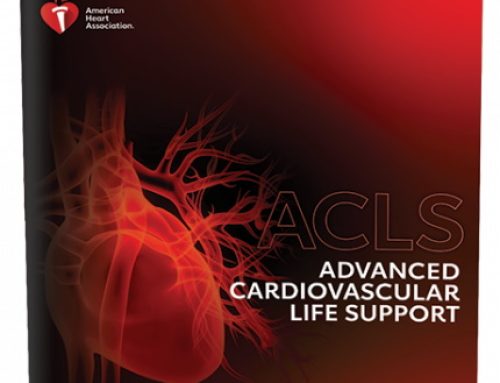2023 BLS Instructor Courses in Charlotte, Wilmington, and Fayetteville
CPR BLS INSTRUCTOR COURSES
CPR Works is happy to announce that we have four BLS Instructor Courses American Heart Association, currently scheduled in 2023. This certification will allow you to teach First Aid and CPR/AED in house at your workplace, saving your organization significant costs!
SCHEDULE: https://
Tuesday, October 24, 2023 at 9:00 AM
CPR Works Charlotte Home Office (9305 D Monroe Rd. Charlotte, NC 28270)
Thursday, November 9, 2023 at 9:30 AM
USO/Community Arts Center (120 S. Second Street. Wilmington, NC 28401)
Wednesday, November 15, 2023 at 10:00 AM
The Common – Community Workspace Bragg (2501 Bragg Boulevard, A Fayetteville, NC 28303)
Tuesday, December 5, 2023 at 9:00 AM
CPR Works Charlotte Home Office (9305 D Monroe Rd. Charlotte, NC 28270)
Becoming a CPR (Cardiopulmonary Resuscitation) instructor can offer several advantages, both personally and professionally. Here are some of the key benefits:
- Saving Lives: By teaching CPR, you are equipping individuals with life-saving skills. Knowing how to perform CPR can make a significant difference in emergencies such as cardiac arrest, drowning, or choking. As an instructor, you contribute to a safer and more prepared community.
- Personal Fulfillment: Teaching CPR can be highly rewarding. Knowing that you are empowering people to take action in emergencies and potentially save lives can bring a strong sense of fulfillment and purpose.
- Improved CPR Skills: As an instructor, you need to maintain a high level of proficiency in CPR techniques and guidelines. This can lead to improved personal skills and knowledge in CPR and first aid.
- Career Opportunities: Becoming a certified CPR instructor can open up various career opportunities. Many organizations, including healthcare facilities, schools, community centers, and training institutes, may hire CPR instructors to conduct courses for their employees or members.
- Enhanced Teaching and Communication Skills: Teaching CPR requires effective communication and instructional skills. Becoming an instructor can help you improve your ability to convey information clearly and confidently, which can be valuable in various aspects of life and work.
- Community Impact: By offering CPR courses to your community, you can have a positive impact on public health. The more people who are trained in CPR, the greater the chances of bystander intervention during emergencies.
- Networking and Collaboration: As a CPR instructor, you may have opportunities to collaborate with healthcare professionals, emergency responders, and other instructors. This can lead to valuable networking connections and the sharing of knowledge and experiences.
- Flexibility: Teaching CPR courses can often be done on a flexible schedule. You may have the option to work part-time or as a side gig, which can complement other commitments or careers.
- Continuous Learning: CPR guidelines and techniques evolve over time. As an instructor, you will need to stay up-to-date with the latest developments in CPR and first aid, which can be intellectually stimulating.
- Certification and Recognition: Becoming a certified CPR instructor can provide you with official recognition and credentials. This can enhance your credibility and reputation as a skilled and knowledgeable individual in the field of CPR and first aid.






Leave A Comment